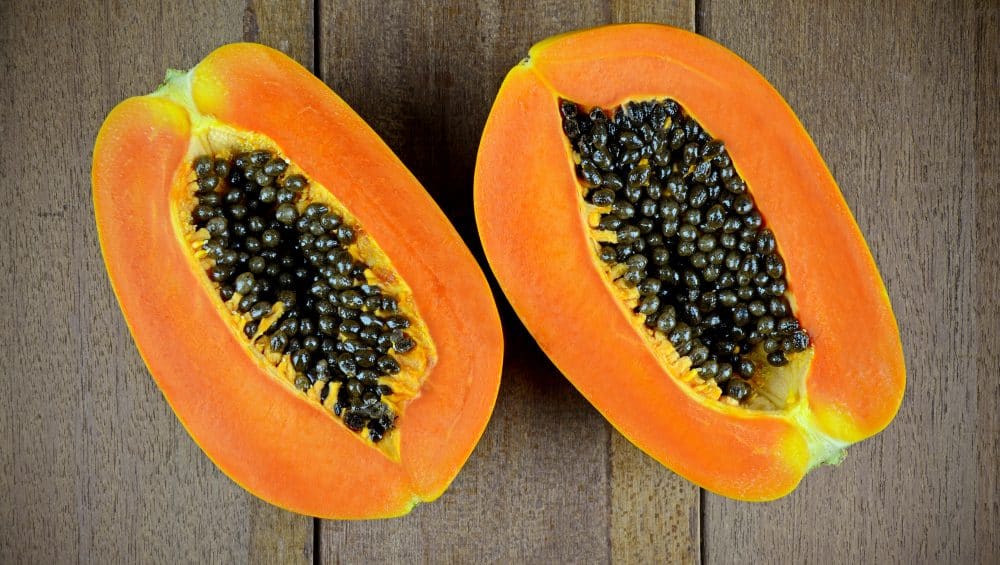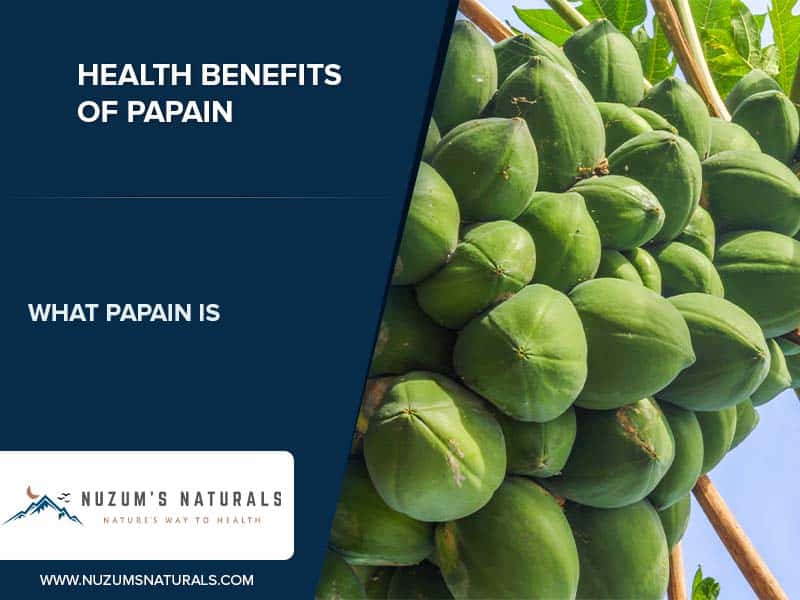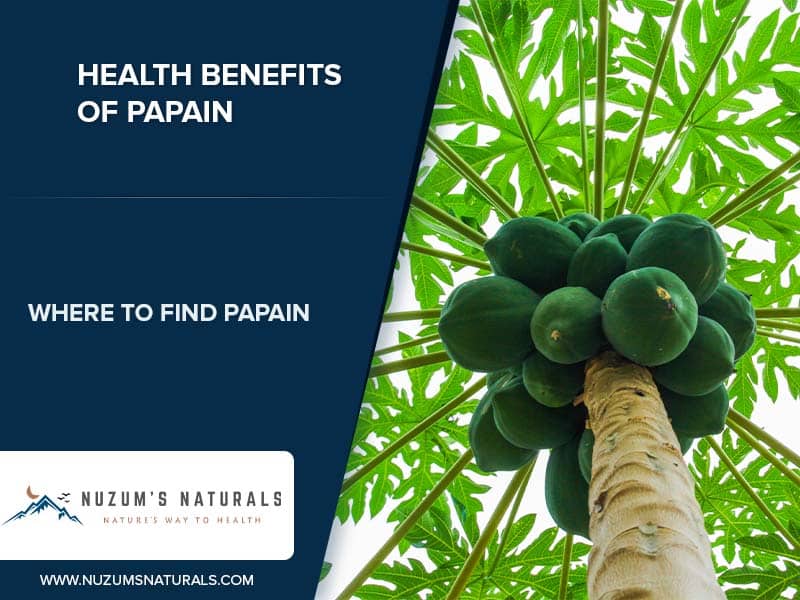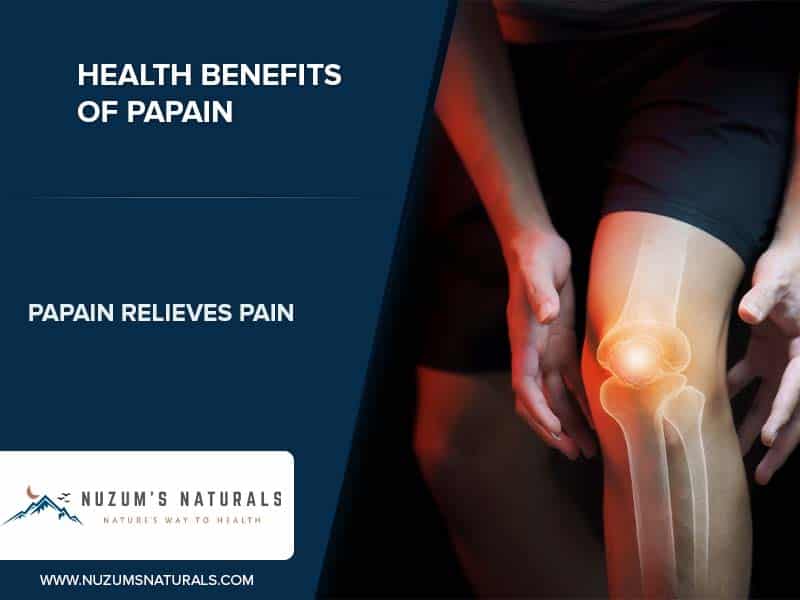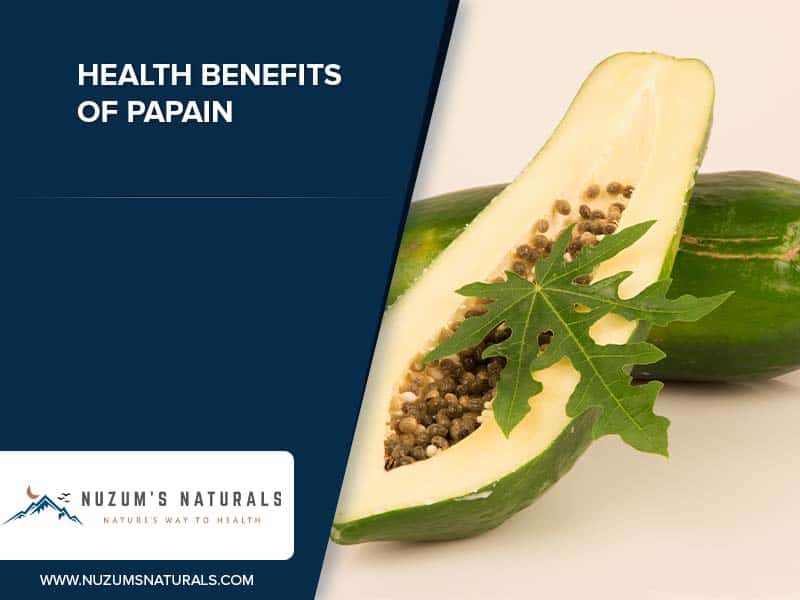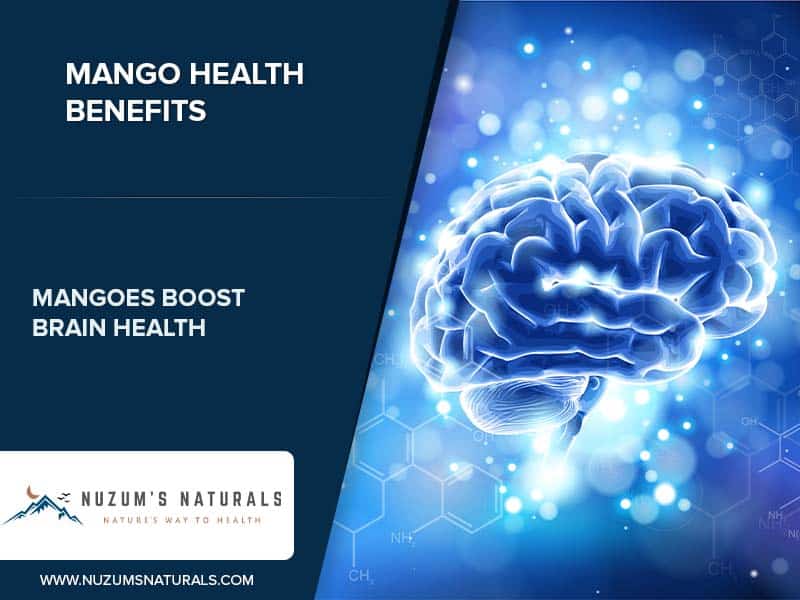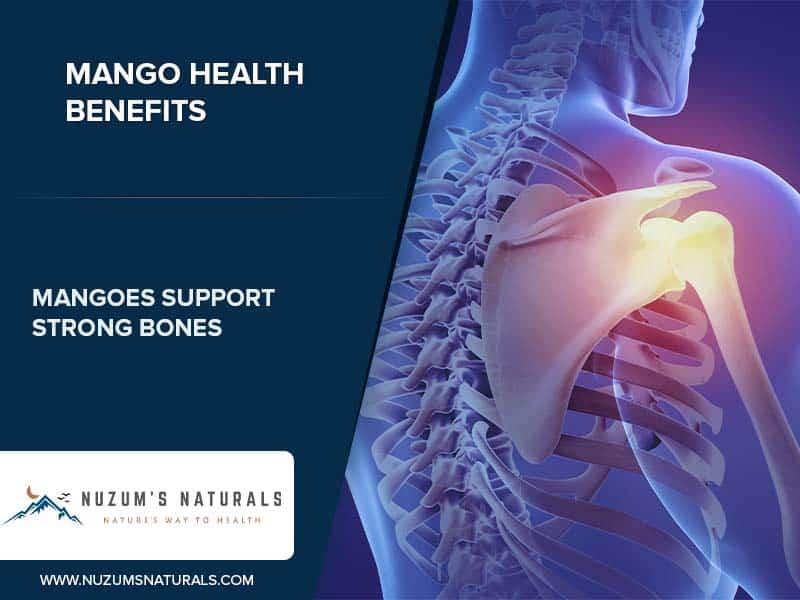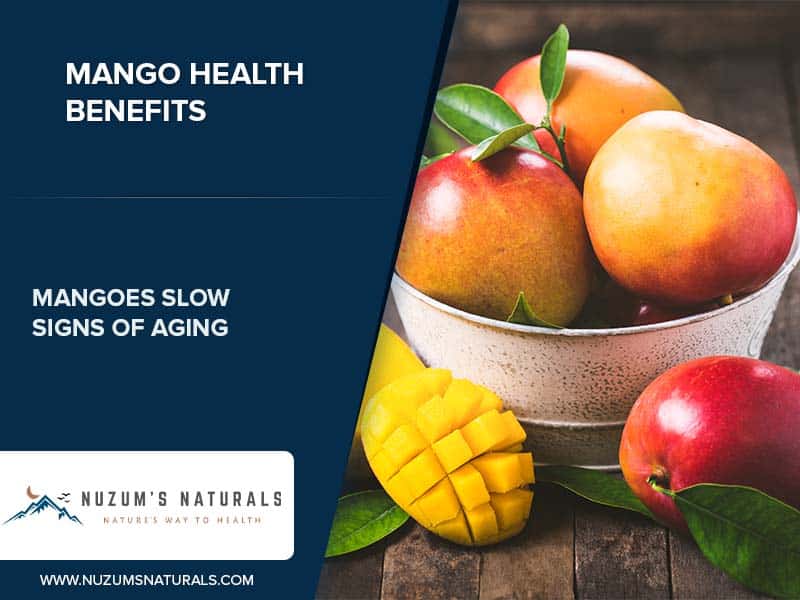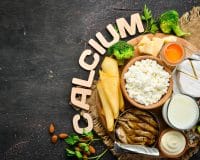Health Benefits Of Cucumbers
Use cucumbers as a health supplement. This can be a great way to improve the overall health of your family. They have many benefits.
Cucumbers can aid digestion. They can help detoxify your body, hydrate your skin, and more. You may be surprised to know that the health benefits of cucumbers are so numerous.
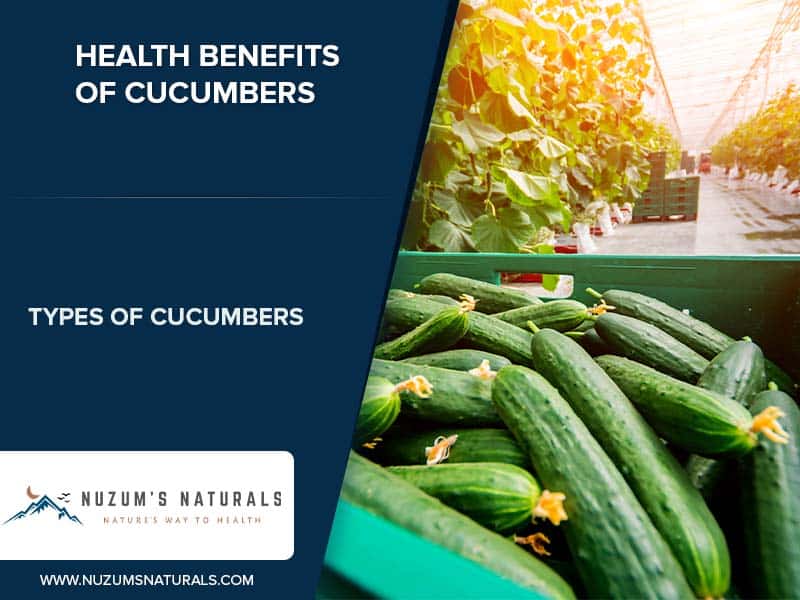
Types Of Cucumbers
There are several types of cucumbers, each with its own benefits. Among the best are English cucumbers. These varieties have a sweeter taste and are perfect for sandwiches, salads, and cocktails.
Persian cucumbers, on the other hand, have a milder flavor that makes them an excellent choice for pickling. You may also come across Japanese cucumbers. These are slightly longer and thinner than English or Persian varieties.
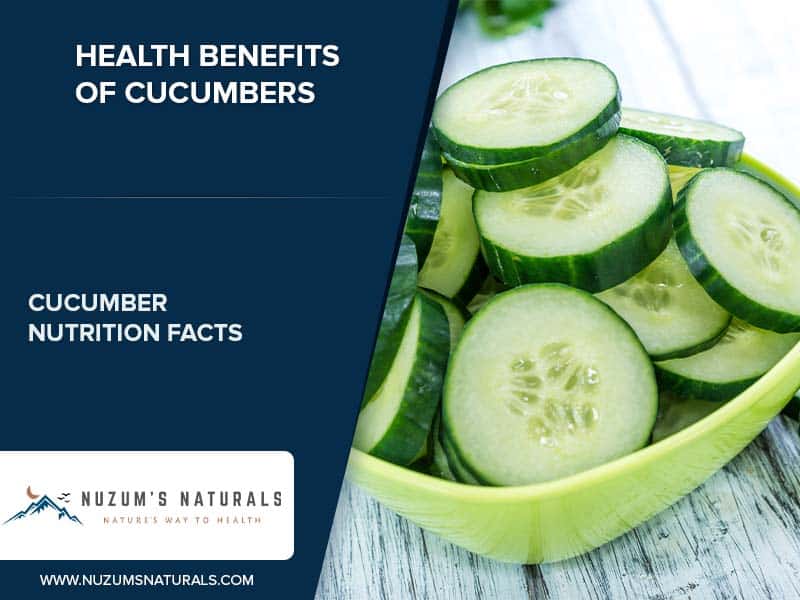
Cucumber Nutrition Facts
Cucumbers are also low in calories, which can help people who are trying to keep their weight down. They are also a good source of vitamins and minerals. For example, a cup of chopped cucumbers contains 193 milligrams of potassium, which is vital for muscle contractions and other processes.
Cucumbers are also high in water, which plays many important roles in the human body. Keeping your body hydrated will help protect your organs, joints, and brain tissue from damage. In addition, it will help regulate your temperature and eliminate waste.
Another advantage of eating cucumbers is their ability to reduce swelling. In fact, they may even be helpful in treating skin conditions. For instance, cucumbers have been shown to ease sunburn pain.
They can also be eaten to quench thirst. The most obvious benefit of eating cucumbers is their ability to help you stay hydrated. It has been shown that dehydration can lead to constipation and difficulty with bowel movements.
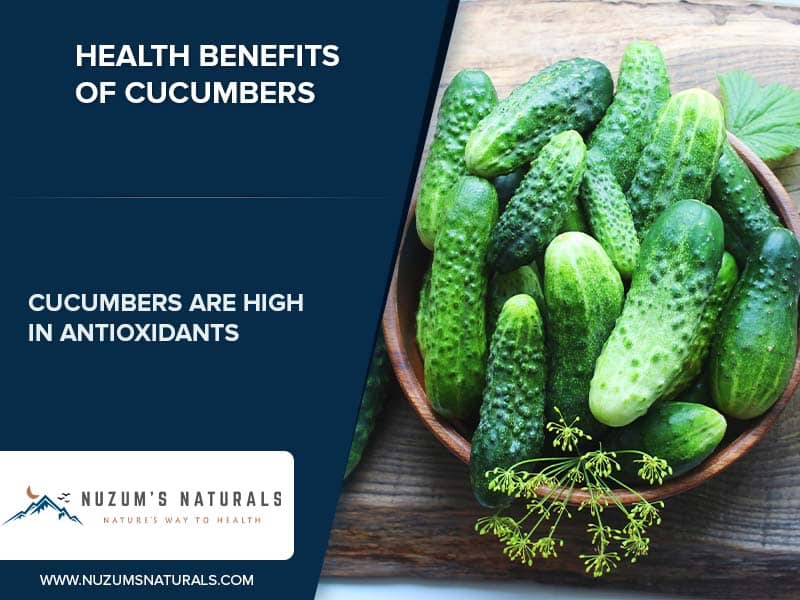
Cucumbers Are High In Antioxidants
Cucumbers are high in antioxidants. This means they can help your body fight off free radicals. Free radicals are molecules that damage cells and they can lead to cancer, heart disease, and other health problems.
Antioxidants, such as vitamin C and beta-carotene, can neutralize them, protecting your body from these dangerous substances. Cucumbers are also high in fiber, which helps your body flush out toxins and keep your digestive system functioning properly. Regularly eating cucumbers can help reduce your risk of constipation and maintain a healthy weight.
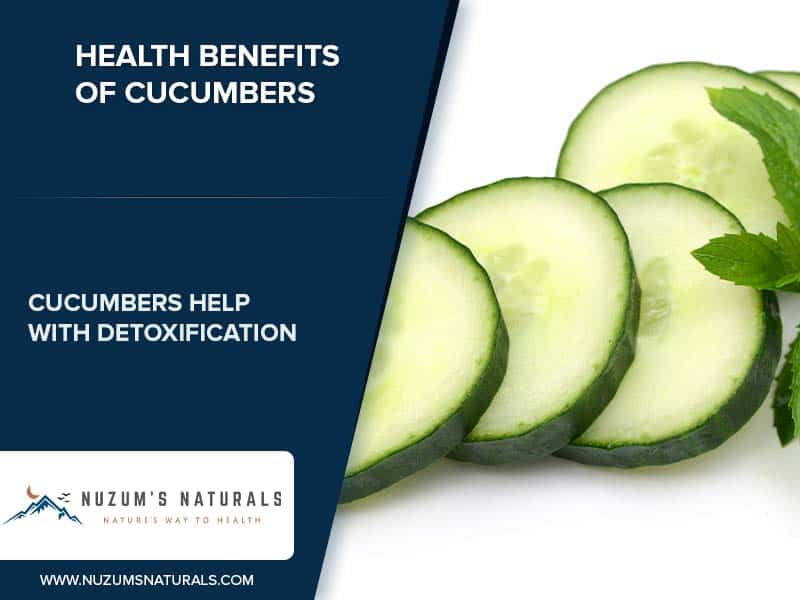
Cucumbers Help With Detoxification
Adding cucumbers to your diet can help you detoxify. Not only are they a great source of water, but they contain essential vitamins and minerals. They also contain antioxidants, which are compounds that fight free radicals in the body. This can help prevent a number of diseases.
Aside from being a natural diuretic, cucumbers help cleanse the liver. The liver is the main detoxifying organ in the body, and it helps remove toxins from the blood. It is also responsible for removing waste materials from the gut. These vegetables also help restore the pH balance of the body.

Cucumbers Hydrate The Skin
Cucumbers are extremely high in water, so they can help keep your skin hydrated. Eating cucumbers on a regular basis may even help reduce the appearance of wrinkles and other signs of aging. In addition, cucumbers contain vitamins and minerals that can help nourish your skin from within. For instance, they are a good source of vitamin C, which helps produce collagen in the skin. Collagen is important for maintaining skin elasticity and firmness.
Cucumbers are also a good source of vitamin E, which helps protect the skin against environmental damage. Vitamin E can even help soothe inflammation and reduce redness in the skin. Finally, cucumbers contain silica, which helps strengthen connective tissues and improve the overall texture of your skin.

Cucumbers Improve Heart Health
Besides being rich in fiber, potassium, and vitamin K, cucumbers improve heart health in a number of ways. They also reduce inflammation and constipation. They help in regulating blood sugar levels.
Cucumbers are rich in antioxidants. They contain quercetin, luteolin, kaempferol and apigenin, among others. All these substances have anti-inflammatory properties and have been shown to protect against cancer and cardiovascular diseases. They also prevent free radical damage and may slow down the signs of aging.
There are also reports that eating cucumbers can lower blood pressure and that they have a diuretic effect, meaning they can help flush out excess sodium from the body, reducing the risk of hypertension. They can also improve digestion and help in preventing nutrient deficiencies. They are also hydrating and may promote satiety.

Cucumbers Aid Digestion
Cucumbers aid digestion by providing bulk to the diet. This means that they take up space in the stomach and can help you feel fuller for longer. Eating cucumbers on a regular basis may help reduce food cravings, making it easier to stick to your healthy eating plan.
Cucumbers are also rich in fiber, which is important for keeping your digestive tract functioning properly. Fiber helps add bulk to stools, which makes them easier to pass; it also helps slow down digestion and can help regulate blood sugar levels. In addition, cucumbers contain proteolytic enzymes that help break down proteins in the stomach. These enzymes can make it easier for your body to absorb nutrients from food as well as help flush out toxins from the digestive tract. Finally, cucumbers can help reduce bloating and water retention.

Cucumbers Relieve And Prevent Headaches
Whether you’re looking for a natural headache cure or are simply trying to hydrate your body, cucumbers are a great choice. They’re low in calories, cholesterol-free, and loaded with water and other nutrients. One study found that increasing the amount of water in the diet of people with headaches helped them feel better. Another study showed that dehydration is a common trigger for headaches. It can be hard to drink enough water, especially in hot weather. Eating cucumbers can help you stay hydrated and may even help reduce the frequency and intensity of headaches.
In addition, cucumbers are full of B vitamins, including folate, thiamin, and riboflavin. Studies have found that deficiency in these nutrients is associated with an increased risk of migraine headaches. Eating cucumbers on a regular basis can help ensure that you’re getting enough of these important vitamins. Finally, cucumbers also contain magnesium and potassium, which are essential for nerve function and can help relieve headache pain.
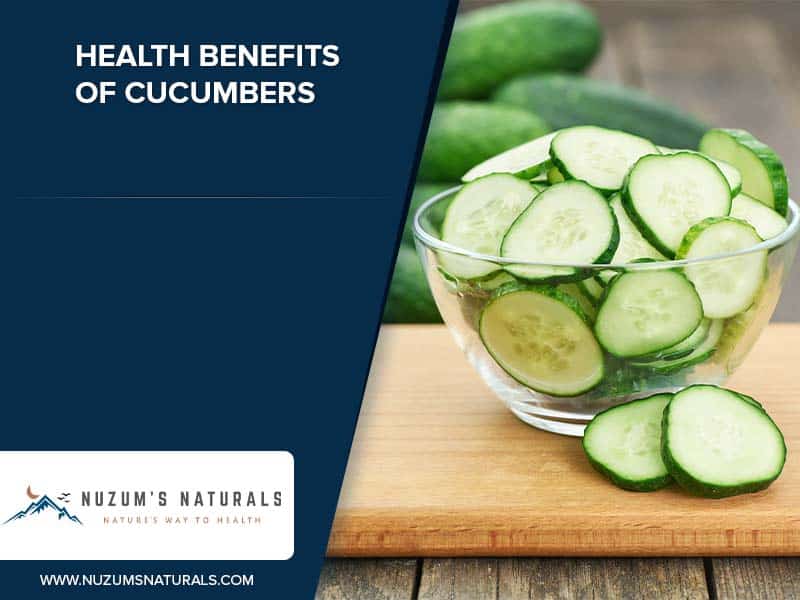
In conclusion, cucumbers are a nutritious and versatile vegetable. It can be enjoyed in many different ways. They are packed with essential vitamins and minerals.
These can benefit your health in numerous ways. It can improve skin health, aid digestion, and reduce the risk of headaches. So add cucumbers to your diet today for a tasty and nutritious boost!


